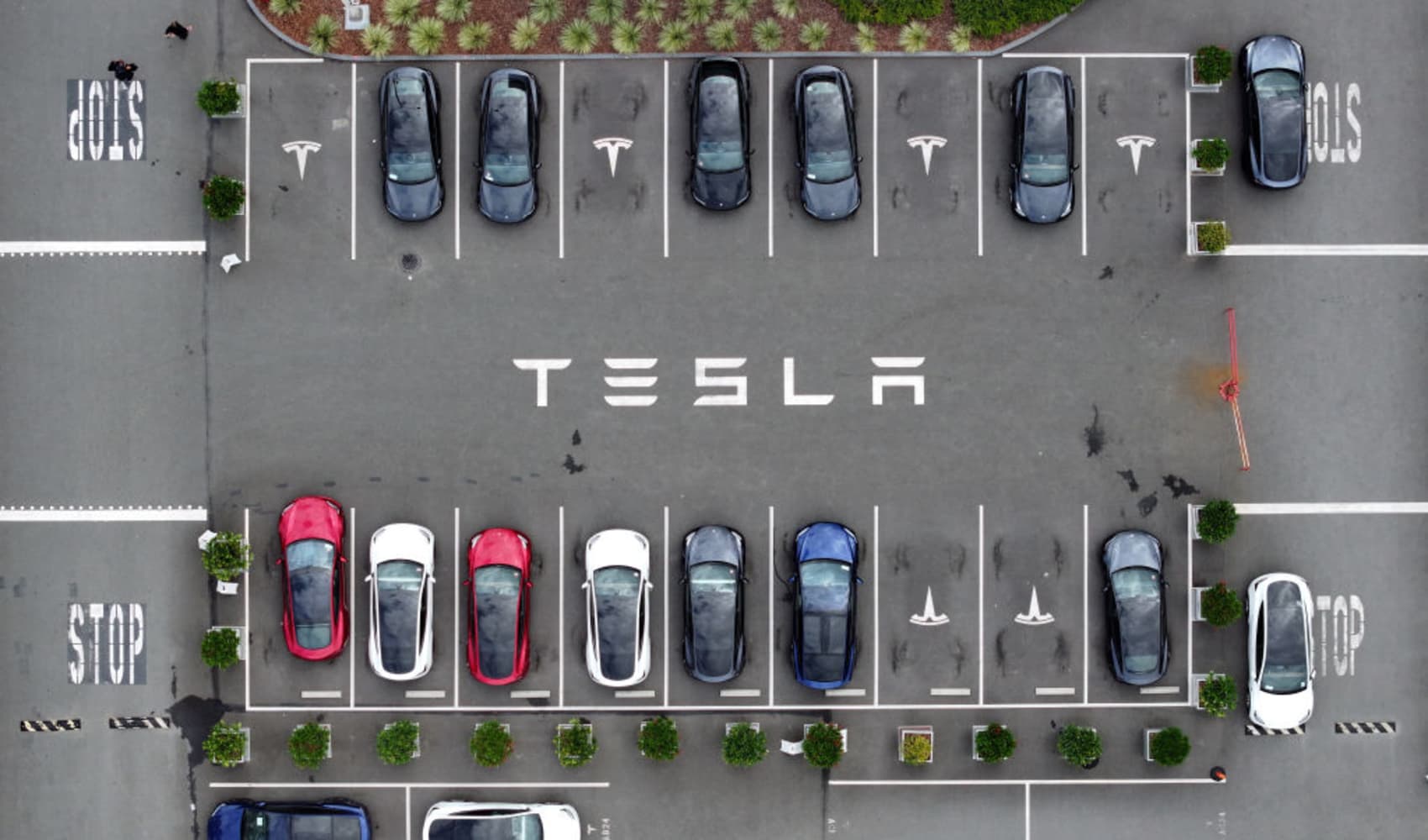
- Expedia is holding off on a companywide Covid vaccine mandate even as other major businesses begin to implement them, CEO Peter Kern told CNBC on Friday.
- "We're trying to find solutions that have the broadest application across our entire employee base, but there are no simple answers," Kern said.
- The CEO's comments came as United Airlines announced Friday it will require U.S. employees to get vaccinated or risk termination.
Expedia is holding off on a companywide Covid vaccine mandate even as other major businesses begin to implement them, CEO Peter Kern told CNBC on Friday.
"We're trying to find solutions that have the broadest application across our entire employee base, but there are no simple answers. ... We're all going to have to learn to live with Covid," Kern said on "Squawk Box."
Get Connecticut local news, weather forecasts and entertainment stories to your inbox. Sign up for NBC Connecticut newsletters.
"If we were all vaccinated in the U.S., we wouldn't be talking much about the delta variant or anything else. But the world is a big place. We're not going to vaccinate 8 billion people overnight," Kern said, estimating the world's population, which the U.S. Census Bureau says is nearly 7.8 billion and counting.
The comments from the online travel platform CEO came as United Airlines announced Friday morning that it will require its 67,000 U.S. employees to get vaccinated by no later than Oct. 25 or risk termination — a first among major U.S. airlines and a move that's likely to put pressure on its rivals. Other airlines, including Delta Air Lines, are still choosing to incentivize employees and customers to get vaccinated instead of requiring it.
"We have offices in 55 countries around the world; there's no one-size-fits-all answer," Kern said. "I think everybody getting vaccines is a good thing, and I think companies are trying to figure out ways to push their employees in the right ways, and we certainly want to see our employees get vaccinated as well."
Money Report
The travel business has been adversely impacted by the more contagious delta variant spreading across the U.S. and the world, Kern said. "We certainly saw tremendous demand going into the summer and there still is quite strong demand. But certainly on the edges, delta has had an impact."
Kern said corporate travel has "lagged considerably" with delayed return-to-office plans likely extending that trend. However, he said he believes Expedia's corporate, international and domestic bookings will all return to pre-pandemic levels by next summer.
As travel began making a comeback in April, Expedia switched up its marketing strategy by updating its app and websites to focus more on working with consumers to plan trips rather than solely focusing on the number of bookings. The company raised $3.2 billion in new capital last year as it cut back on costs during the peak of the pandemic.
"I think you're going to see us investing better, smarter, and in a more organized way against our brands," Kern said. "You're going to see our brands work together more clearly for kind of a collective good as opposed to competing with one another."
Expedia announced after the bell Thursday a per-share adjusted second-quarter loss of $1.13. Analysts had expected a loss of 65 cents per share. However, revenue of $2.11 billion was better than expected. That's a 273% increase from the pandemic-depressed revenue number from a year ago, but still about 40% shy of the pre-Covid second quarter of 2019.
The company's brands include its namesake Expedia.com as well as Hotels.com, Vrbo, Trivago, Orbitz and Hotwire.






